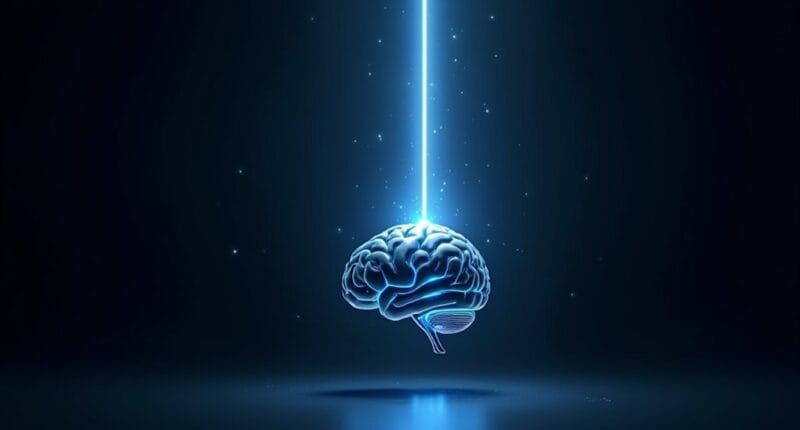ChatGPT’s latest model just scored a mind-boggling 136 on the Norway Mensa IQ test – a massive 40-point jump from earlier AI scores. Sure, it’s outperforming 98% of humans, but let’s not panic yet. While the AI excels at pattern recognition and problem-solving, it’s still just fancy code without real understanding or consciousness. Gen Z might think AI is becoming self-aware, but there’s more to intelligence than acing standardized tests. The real story goes deeper.

While most humans are still struggling with basic math, artificial intelligence has leaped into genius territory. OpenAI’s latest ChatGPT model “o3” just scored a jaw-dropping 136 on the Norway Mensa IQ test – that’s a 40-point jump from the previous AI benchmark of 96. To put this in perspective, this AI is now smarter than 98% of humans. Let that sink in.
The testing wasn’t some fluffy PR stunt either. Using the standardized Mensa Norway IQ test, researchers put the AI through its paces with verbalized prompts and tracked multiple attempts. They cross-validated the results across different platforms to guarantee accuracy. The numbers don’t lie – artificial intelligence is getting frighteningly smart, frighteningly fast. A special offline-only IQ test was developed to ensure AI couldn’t access training data during evaluation.
This quantum leap in AI intelligence has sparked intense public debate. A quarter of Gen Z already believes these systems might be conscious (spoiler alert: they’re not). While the AI can run circles around humans in pattern recognition and programmed reasoning, it’s still just incredibly sophisticated code – no subjective experience included. Sorry, sci-fi fans.
Let’s be crystal clear about what this means. Yes, the AI scored in the genius range. No, it doesn’t understand its achievements in any meaningful way. It’s like having a calculator that can solve complex equations but doesn’t know what numbers actually mean. The difference is that this calculator can now tackle problems that would stump most human experts. Over half of Gen Z believes AI will become sentient soon.
The implications are both thrilling and unnerving. These enhanced reasoning capabilities are positioning AI for increasingly complex roles in medicine, science, and technical fields.
But here’s the kicker – while we’re busy marveling at these skyrocketing IQ scores, we might be missing the bigger picture. Are we creating something that’s outpacing human intelligence in ways we can’t fully comprehend? One thing’s certain: AI isn’t just catching up to human intelligence anymore – it’s blazing past it at warp speed.





